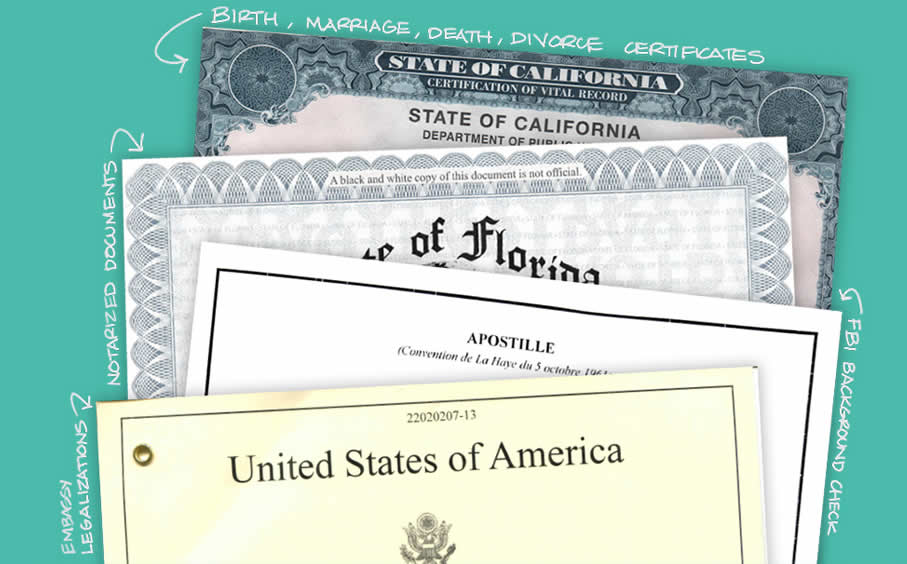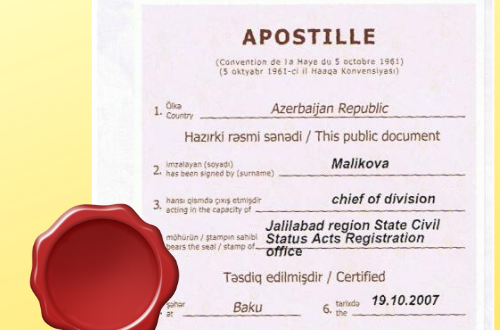Diving Into the Factors Behind the Necessary Requirement of Apostille Certification for Legal Papers
In the realm of legal documentation, the mandatory need of apostille accreditation has actually come to be a vital facet that significantly impacts the legitimacy and acknowledgment of legal documents on a global range. Comprehending the rationale behind this requirement involves diving into the detailed web of lawful intricacies, historical criteria, and international contracts that emphasize the value of apostille qualification in today's interconnected globe. By checking out the underlying factors behind this extensive need, a clearer photo arises of why this seemingly administrative procedure holds such immense significance for people, governments, and organizations alike.
Historical Evolution of Apostille Qualification
Just how did the idea of apostille certification advance over time to become an important component of international file validation? The historic development of apostille qualification days back to the very early 20th century. The demand for a streamlined technique of validating files for use throughout boundaries came to be evident as worldwide trade and travel enhanced. In feedback to this requirement, the Hague Conference on Private International Law introduced the Apostille Convention in 1961. This international treaty developed a streamlined process for licensing the credibility of files to be recognized in member nations.
Originally adopted by a couple of European countries, the Apostille Convention gradually got international approval as a result of its effectiveness and effectiveness in verifying the legitimacy of main documents. For many years, the convention's reach broadened as even more nations joined, acknowledging the apostille as an universally approved type of file authentication. Today, apostille certification has actually become a standard requirement for validating lawful documents in worldwide deals, guaranteeing smooth interaction and lawful procedures in between countries.
Simplifying International Record Legalization
The streamlining of global paper legalization procedures has actually significantly boosted efficiency in cross-border transactions. Simplifying the process of legislating papers for worldwide use has actually become essential in helping with swift and seamless purchases between countries. Among the vital systems that have added to this simplification is the fostering of the Apostille Convention, which provides a standard approach for validating the authenticity of records throughout taking part nations.
By adhering to the Apostille demands, nations accept recognize each various other's public papers as legitimate without the demand for additional legalization. This removes the often cumbersome and extensive procedure of numerous authentications by various authorities, conserving time and sources for companies and individuals taken part in global tasks.

Guaranteeing Paper Credibility and Validity
To make certain the authenticity and validity of legal files in worldwide transactions, strict confirmation processes are crucial - Houston Apostille. Lawful documents play a vital function in cross-border negotiations, and ensuring their authenticity is vital to support the integrity of such deals. By needing apostille accreditation for legal documents, authorities aim to confirm the beginning of records and validate the trademarks of individuals included. This procedure aids stop scams, misrepresentation, and various other negligences that can endanger legal proceedings or worldwide arrangements.
Furthermore, validating the credibility of lawful documents through apostille accreditation improves depend on and confidence amongst celebrations engaging in international purchases. Ultimately, by upholding stringent verification standards, apostille certification contributes to an extra clear and safe international lawful structure.

Assisting In Cross-Border Legal Recognition
In the realm of worldwide deals, the apostille accreditation not just ensures the authenticity and legitimacy of legal files yet additionally plays a critical duty in helping with cross-border legal recognition (Houston Apostille). When lawful papers birth an apostille certification, they are easily approved by international authorities without the requirement for additional confirmation. This streamlined process quickens the acknowledgment of records in different countries, promoting effectiveness and decreasing governmental difficulties in lawful issues that go beyond check this national boundaries
Helping with cross-border lawful recognition via apostille accreditation promotes count on and self-confidence in the credibility of files traded between countries. By adhering to the requirements set forth by the Apostille Convention, nations agree to honor the apostille seals attached to papers from various other member nations, hence streamlining the procedure of lawful read acknowledgment throughout borders.
Compliance With International Treaty Standards
Compliance with international treaty criteria is vital for guaranteeing the consistent application of lawful guidelines throughout participating countries. The Apostille Convention, developed in 1961, describes the needs for the approval of public files among member nations. By adhering to the standards established forth in this treaty, countries dedicate to identifying the validity of each various other's certification without the need for additional verification - Houston Apostille. This mutual acceptance enhances the procedure of cross-border record recognition, advertising efficiency and reducing administrative difficulties.
The Apostille certification, as mandated by the treaty, acts as an assurance of credibility for documents such as birth certifications, marriage licenses, court judgments, and notarized acts. This standard technique assists stop fraud and makes certain that legal look at this web-site papers stemming from one member country are conveniently approved in an additional. By complying with international treaty criteria, nations demonstrate their dedication to maintaining the concepts of transparency, trust fund, and participation in legal issues on an international scale.
Conclusion

In the realm of legal paperwork, the mandatory requirement of apostille certification has become a crucial facet that dramatically impacts the legitimacy and recognition of lawful documents on a global scale. Today, apostille accreditation has actually ended up being a typical requirement for confirming lawful documents in global purchases, making sure smooth interaction and legal proceedings in between nations.
Moreover, confirming the authenticity of legal records with apostille accreditation enhances trust fund and self-confidence among celebrations engaging in international transactions.In the world of international deals, the apostille qualification not only makes sure the credibility and legitimacy of legal records however additionally plays an essential function in promoting cross-border legal acknowledgment. By sticking to the standards established forth by the Apostille Convention, countries concur to recognize the apostille seals affixed to documents from other participant nations, therefore simplifying the process of lawful acknowledgment across boundaries.